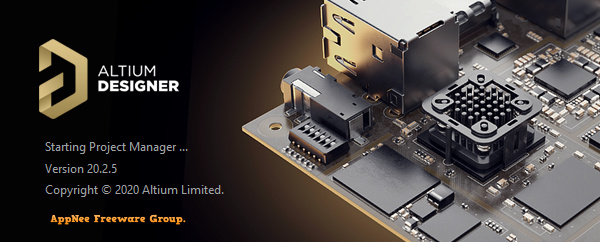

Many projects require multiple languages to build the entire stack. We build up libraries in multiple languages. We use C/C++ on microcontrollers/U-boot/Linux, Go for cloud and embedded Linux applications, Javascript and Elm in the frontend, etc.

Most developers are fluent in at least a couple programming languages. Thinking about the software development industry, what would happen if a programmer insisted in writing everything in one programming language? Or what would have happened if all programming languages were still commercial, proprietary products? Today, we know that is absurd – we reach for the tool that best fits the job. There are reasons for this as you might build up reusable libraries, develop tooling to integrate with inventory systems, etc. Most PCB designers lock themselves into one tool and use it exclusively. I’ve been doing a little thinking about this subject. If CERN can build world-ending-singularity-wormhole-generators, err, high-energy particle accelerators in KiCAD, you can probably take on less ambitious projects with it, too. I agree that KiCAD is sufficient for professional work – while “the industry” may use certain well-established tools, that doesn’t mean other tools are not good enough. There’s time later to be trained for the specifics of where you’ll end up.

I think that statement makes a good (if a bit off-color) point. Someone once made the observation that they’d like to have their kids learn about sex in school – with the focus on sex education, not sex training. HOWEVER, the fundamental education about making PCBs is not about the specific tools, and the important lessons to be learned will be about how you think about the board – not the mechanics of how you get there. As a long-time Altium user, I would encourage anyone that expects to make a career out of PCB work in “the industry” to look at Altium earlier than later to gain familiarity, because that does give you the edge on being immediately hire-able.


 0 kommentar(er)
0 kommentar(er)
